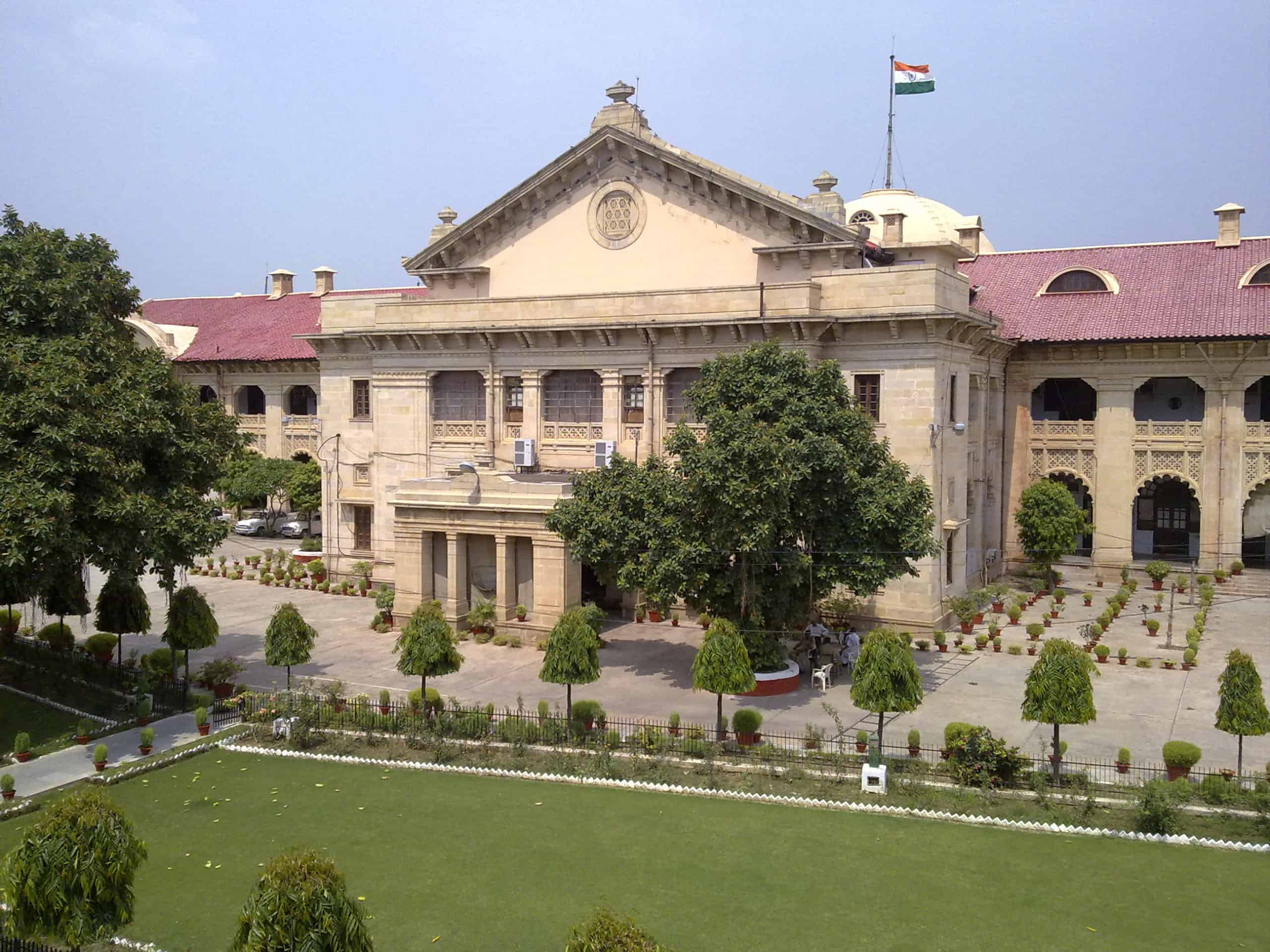The Allahabad High Court recently ruled that Saptapadi (saat phere) is an essential requirement for solemnization of a valid marriage under the Hindu Marriage Act, 1955 [Smriti Singh & Ors v. State & Ors].
Saptapadi is a ritual where the bride and groom together take seven steps around the sacred fire (hawan) during a Hindu wedding ceremony.
While allowing a petition to quash a case filed against a woman for the offence of bigamy under Section 494 of the Indian Penal Code (IPC), Justice Sanjay Kumar Singh held,
“Where marriage is disputed, it is not enough to find that marriage took place leaving it to be presumed that rites and ceremonies necessary to constitute a legal marriage were performed. In absence of cogent evidence in this regard, it is difficult to hold that the ‘Saptapadi ceremony’ of the marriage as contended by the complainant was performed so as to constitute a valid marriage between the parties concerned.”
The parties to the dispute got married in 2017, but soon grew apart. The applicant-wife filed a first information report (FIR) against her in-laws alleging dowry harassment. Subsequently, a chargesheet was filed against her husband and his family.
In 2021, the husband initiated a complaint claiming that his wife had married another man before their divorce went through. After a magistrate cour issued summons to the applicant, she moved the High Court to quash the same.
While the applicant claimed that her husband’s allegations were baseless, the husband claimed to have proof of the fact that she had re-married.
Upon examining the evidence, the Court noted that there was no proof of ceremonies being completed to as to solemnise the alleged second marriage.
The ceremonies required to constitute a valid Hindu marriage are contained in Section 7 of the Hindu Marriage Act:
(1) A Hindu marriage may be solemnized in accordance with the customary rites and ceremonies of either party thereto.
(2) Where such rites and ceremonies include the saptapadi (that is, the taking of seven steps by the bridegroom and the bride jointly before the sacred fire), the marriage becomes complete and binding when the seventh step is taken.
With the regard to the alleged second marriage of the applicant, the Court said,
“…Unless the marriage is celebrated or performed with proper ceremonies and due form, it cannot be said to be ‘solemnized’. If the marriage is not a valid marriage, according to the law applicable to the parties, it is not a marriage in the eyes of law. It is also well settled that to constitute an offence under Section 494 I.P.C., it is necessary that the second marriage should have been celebrated with proper ceremonies and in due form. The ‘Saptapadi’ ceremony under the Hindu Law is one of the essential ingredients to constitute a valid marriage but the said evidence is lacking in the present case.”
Finding that the husband’s complaint was nothing but malicious prosecution, the Court quashed the criminal proceedings against the applicant-wife.
Advocates Prakash Dwivedi and Saurabh Sachan appeared for applicants.
Advocate Ajatshatru Pandey represented the opposite parties.
Source Link




